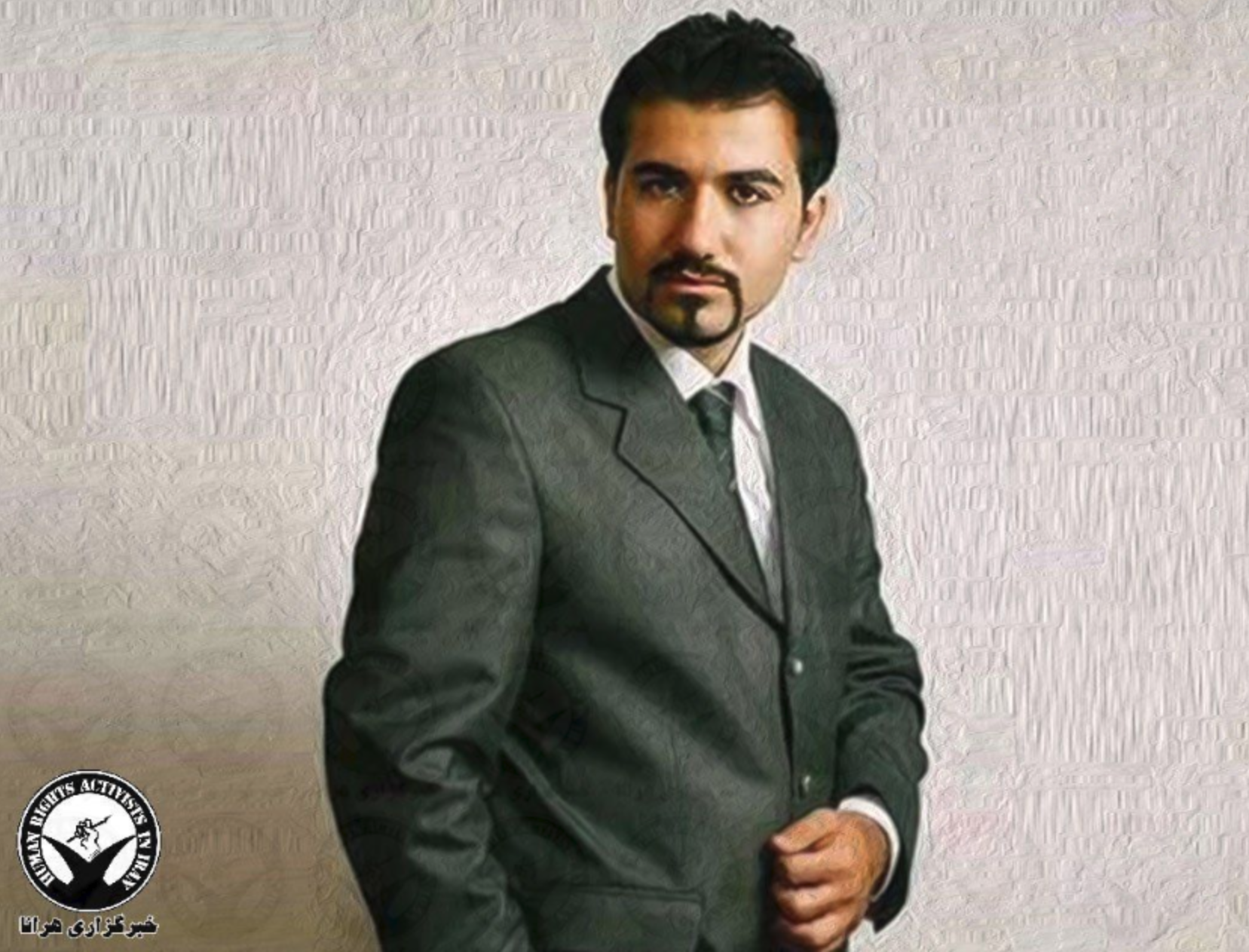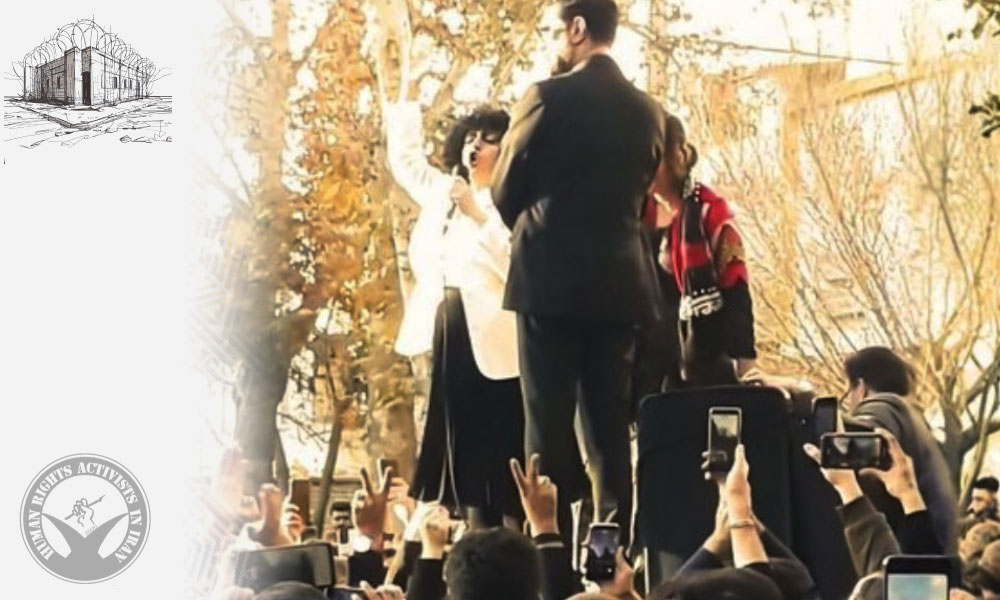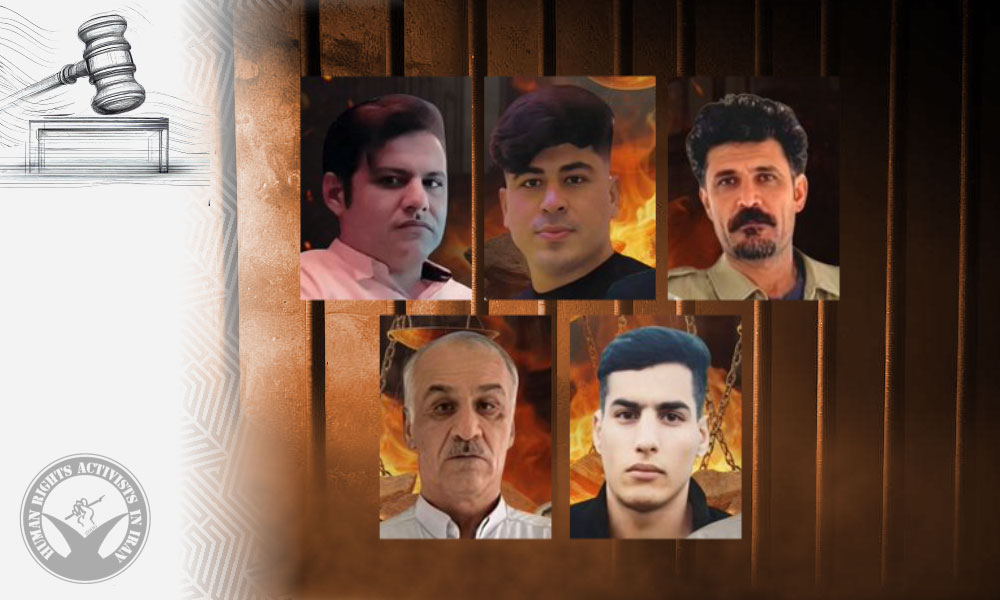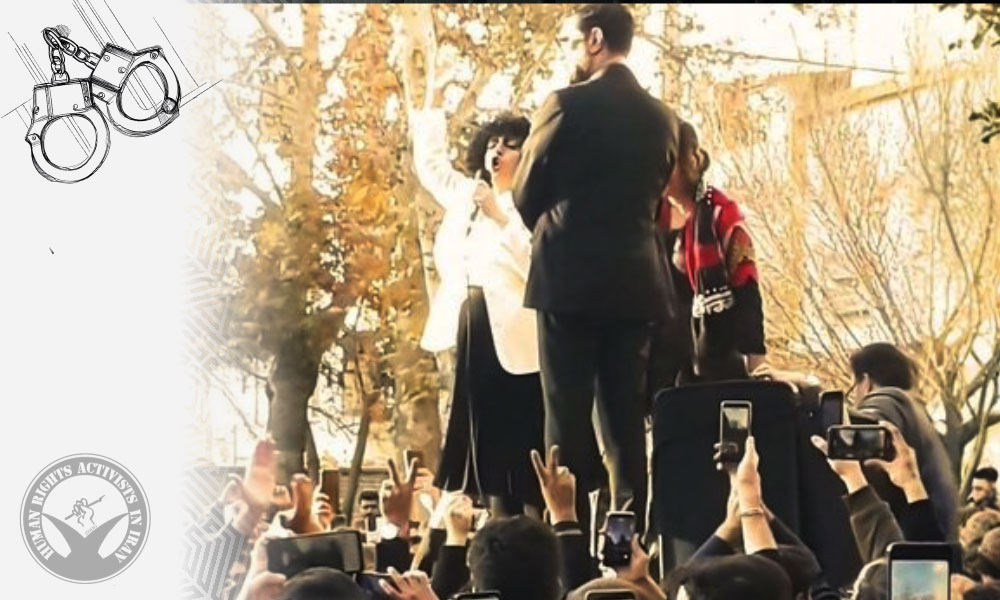Human Rights Activist News Agency (HRANA) – Golrokh Ebrahimi Iraee, a civil rights activist imprisoned at Evin, has written an open letter in response to the recent re-sentencing of Soheil Arabi, a prisoner of conscience in Great Tehran Penitentiary who has been held without furlough since November 7, 2013.
On new charges of “propaganda against the regime” and “disturbing the public mind,” Tehran Revolutionary Court Branch 26 sentenced Arabi to three more years of imprisonment and three years of exile on September 22, 2018. Cited as evidence against him were voice files he allegedly sent from inside the prison, in which he can be heard comparing Evin to a torture chamber.
In her letter, Iraee accuses authorities of using the exile sentence to banish dissidents like Arabi from public memory.
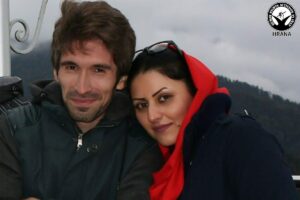
While behind bars on separate charges in June of this year, Arabi was issued a six-month prison sentence by Judge Moghiseh on charges of “blasphemy” and “propaganda against the regime.” The charges stemmed from a case file opened up against Arabi and his ex-spouse Nastaran Naimi, who was sentenced to 18 months’ imprisonment for “blasphemy” and “aiding and abetting.”
Iraee’s letter warns the Iranian public that apathy towards the extension of Arabi’s detainment would be ignoring symptoms of a malaise for which all Iranian citizens are responsible.
The full text of her letter, translated into English by HRANA, is below:
“He has been behind bars for years without having committed a crime. He is held captive by a vengeful system that has no tolerance for dissenting views, that stifles them instead in bondage, with physical and mental tortures.
Soheil Arabi was first detained on a misunderstanding that devolved into a blasphemy charge. After spending years behind bars and nearing the end of a sentence that tore his family apart (after the immoral and inhumane pressures they submitted him to, to break his spirit), yet another case file emerges, yet another prison sentence is leveled against him. After compounding his suffering with a ban on visits from his daughter, they now want to do with him what they did with Arjang Davoudi and Gholamreza Kalbi: exile him to the middle of nowhere, remove him from public memory, and let his existence perish into the abyss.
After the hunger strikes and beatings he endured in prison, Soheil’s condition is worrisome indeed. It is fitting that we be reminded, after commemorating the World Day against the Death Penalty, of Soheil’s initial execution sentence. He was made to suffer for a long time under the threat of execution, and the [long-term] imprisonment to which his death penalty was commuted, yet we are still witnessing concerted efforts to annihilate him with continued torture and new case files extending his imprisonment.
This method of eliminating activists, protesters, and dissenters may be the current status quo of the judicial system, but it is critical we consider these actions as the red flags that they are, and that we increase public sensitivity and attract the attention of international organizations so that we can put a stop to the annihilation of political and ideological activists. Abandoning them in this state renders us guilty of spreading the disease of our judicial system, and condoning the repetition of such crimes.
Golrokh Ebrahimi Iraee, Women’s Ward of Evin Prison, October 2018.
***
Golrokh Iraee was arrested along with her husband on September 6, 2014. She was first held at an IRGC safe house for two days and then spent 20 days in the solitary cells of Evin’s Section 2A, which is under IRGC jurisdiction, before being released on a bail of 800 million rials. On October 24, 2016, the IRGC arrested Iraee again, without a warrant. Her husband Arash Sadeghi, who was sentenced to 19 years in prison, is currently in Karaj’s Rajai Shahr Prison and has undergone operations for cancer. Iraee was sentenced to six years in prison, which was reduced to 2.5 years based on amnesty and Article 134 of the Islamic Penal Code. She was convicted of “insulting the sacred” and “gathering and collusion against the regime.”



